Extremely Heavy Lung Damage In Indians After Acute COVID-19, Says Study
New Delhi: Indians suffer high rates of lung function damage after acute COVID-19 with about half reporting shortness of breath, according to a recent study, a worrying finding that experts attribute to various reasons, including co-morbidities and pollution.
The study by the Christian Medical College, Vellore, is the largest from India to investigate the impact of COVID-19 on lung function.
It examined 207 individuals, showcasing substantial impairment in lung function, exercise capacity, and quality of life among recovered individuals.
The study revealed a high prevalence of respiratory symptoms among Indians who recovered, even after a mean of over two months following acute illness, with shortness of breath reported in 49.3 per cent and cough in 27.1 per cent of the cohort.
In people recovering from COVID-19, there is evidence of potential long-term pulmonary sequelae and associated lung function impairment. The most severe illness in the context of SARS-CoV-2 infection is acute respiratory distress syndrome (ARDS). In some, the ARDS may result in fibrotic interstitial lung disease.
Signs and Symptoms of Post-Covid Lung Damage:
1. Shortness of breath: Difficulty in breathing or shortness of breath, particularly during physical activity, can persist long after the acute phase of the infection has passed.
2. Persistent cough: A lingering cough that lasts for weeks or months after the initial infection is common in individuals with post-Covid lung damage.
3. Chest pain or tightness: Some individuals may experience chest pain or tightness, which can be exacerbated by deep breathing or exertion.
4. Fatigue: Chronic fatigue is a common symptom of post-Covid lung damage, often accompanied by reduced exercise tolerance.
5. Decreased exercise tolerance: Individuals may notice a reduced ability to engage in physical activities they once tolerated, due to persistent shortness of breath or fatigue.
6. Frequent respiratory infections: Vulnerability to respiratory infections may increase following COVID-19, as lung damage can weaken the immune system’s ability to fend off pathogens.
Treatment:
Pulmonary rehabilitation: Structured exercise programs supervised by healthcare professionals can help improve lung function, endurance, and overall physical health.
Medications: Bronchodilators and anti-inflammatory medications may be prescribed to alleviate symptoms such as shortness of breath and inflammation in the airways.
Oxygen therapy: In cases of severe lung damage, supplemental oxygen therapy may be necessary to ensure adequate oxygen levels in the bloodstream.
Nutritional support: A balanced diet rich in nutrients and hydration is essential for supporting overall health and aiding in recovery.
Psychological support: Dealing with chronic symptoms can take a toll on mental health. Counselling or support groups may be beneficial in coping with the emotional impact of post-Covid lung damage.
Regular monitoring: Close monitoring by healthcare providers is crucial to track progress, adjust treatment plans as needed, and address any emerging complications.



Comments are closed.